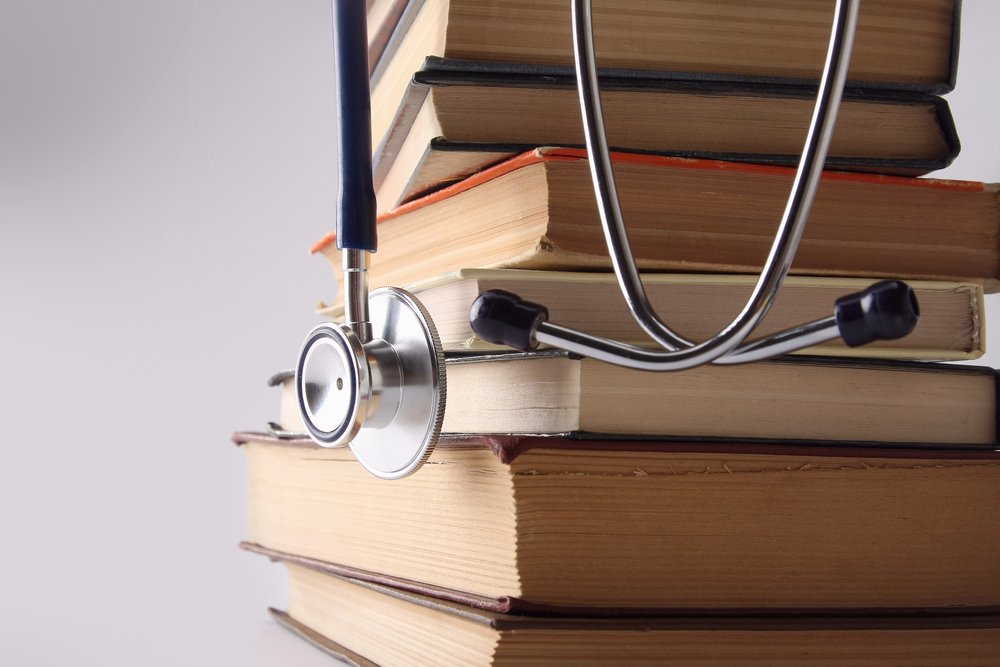
Congratulations on becoming PGY-1s! Truthfully, most memories of the times around my internship at Rush Medical College in 1991 are a blur. For example, I cannot recall the popular songs, who won the Super Bowl, or even the model of car I drove. However, as clear and crisp as if it was yesterday, I remember the faces and stories of many of the patients and families for whom I cared.
1991 was near the peak of the HIV/AIDS epidemic. Young, talented, previously healthy homosexual men were hospitalized in droves with frightening, rare conditions including Kaposi’s sarcoma, PCP pneumonia, CNS lymphoma, and terrifying degrees of cachexia. Each diagnosis was a death sentence, and most HIV/AIDS patients knew they were dying. Their families were afraid to walk into their rooms or to touch them. Many patients disclosed their sexuality to loved ones for the first time at the same time they learned they had a terminal diagnosis. I sensed everyone’s fear and anxiety. I saw first-hand the stigma and bias the patients and families endured.
As health professionals, we were considered at high risk, as well. There were no effective treatments. Needle sticks and fluid splashes might kill us, and it took weeks to get test results back after an exposure. We wore double gloves and goggles. We adopted increased vigilance when performing procedures and interacting with potentially infected patients. It was scary.
Uncertainty and fear
There was much uncertainty, fear, and misinformation about the HIV virus. At the same time, as interns, we were directly responsible for hands-on aspects of hospital care in ways that would be unthinkable now. Even after being up all night on call, we stayed until late the following evening until the work was done. We often went thirty-six hours without sleep, went home for a few hours, and then went back in for more. There was no such thing as a “weekend.” We placed IVs and central lines, drew blood, inserted catheters, and – often – transported patients for after-hours testing in radiology. Our scut lists were long.
Years later, I can see how working with patients with HIV/AIDS, and my internship experiences laid the foundation for the doctor I am today.
Internship has always been – and continues to be – a time of transition, excitement, and anxiety. Despite the stress, we considered our intern years both a “rite of passage” and an honor. We were gratified to be trusted with the care of our patients and were uplifted by their moments of grace. We were frequently exhausted but did not see it as abuse. And, besides, our chiefs and faculty constantly told us how much worse they had had it.
A steep learning curve
The intensity quickly imprints memories that will last through your career. Every intern likely remembers the first patient they admitted, the mystery case where they nailed a diagnosis, and the first central line they placed. They remember the first time one of their patients died. You will likely carry similar memories with you.
It is also a time when relationships with colleagues take on new meanings. You learn about functional and dysfunctional teams. You develop your own habits of caring for patients while you explore disciplines and seek out role models that can show you how you might want to build your career.
Some things have changed, and some have not
In the years since my internship, much changed. Scientific discoveries led to transformative medical treatments for HIV/AIDS and, by the early 2000s, contracting the virus was no longer a death sentence. The LGBTQ community and its allies tirelessly fought the bias and stigma surrounding the diagnosis.
As part of my practice as a neuromuscular neurologist, I saw patients in clinic with longstanding HIV/AIDS and neuropathy. I always asked them to share their stories. This led to meaningful conversations, reaching far beyond their neurologic symptoms. After my internship where essentially, every HIV/AIDS patient died, I was amazed to meet individuals living full and active lives fifteen years after infection. I suspect you will see patients experiencing post-COVID effects many years from now, as well.
My colleagues, there are parallels between my internship and yours. Just as with HIV/AIDS, previously healthy people, young and old, become suddenly and critically ill. They are isolated from their families. Patients are victims of bias, guilt, and isolation. Medical professionals fear for their own health. There is uncertainty and misinformation. There are more questions than answers. Just as in 1991, politics intrudes on patient care.
Here are my wishes
As a long-ago intern, here are my wishes for you:
May you be in the moment, and stay close to the patient and family experiences amidst the COVID-19 pandemic, with keen attention to empathy and advocacy.
May you keep your faith in Medicine and vigor for Science, even when you feel tired and overwhelmed.
May you take time to regularly reach out to support and encourage your colleagues and team members with patience and kindness.
May you look back on this time with pride and wonder.
I know you feel overwhelmed by the challenges and opportunities you face. I encourage you to honor and share stories of your experiences with colleagues and friends. Reach out to faculty like me, who have been through crises for support and perspective. You are not alone. We will get through this together.
Wendy Peltier is a neurologist.
Image credit: Shutterstock.com
